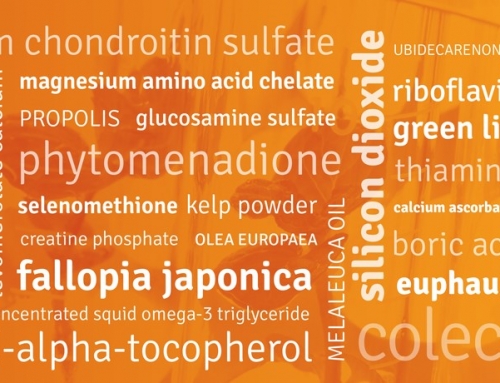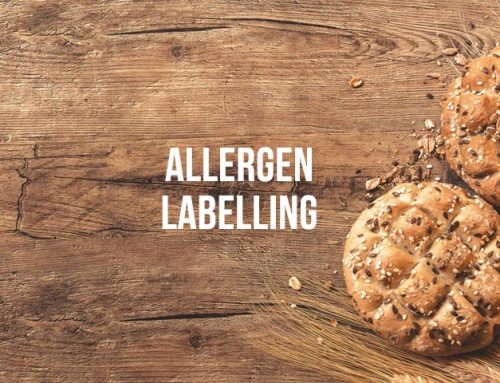Crossing Over the Dividing Line
With rapidly advancing technology, and globalisation of ideas more and more innovative products are entering the Australian market to keep up the competitive edge. With this, products such as a pastille containing milk thistle challenges the dividing line between medicine and food. It is therefore crucial to correctly classify your new product during the product development process due to the different prerequisites required to be met before entering the market.
Hippocrates said: “Let food be thy medicine and medicine be thy food”. It seems there has never been a clear defining line between food and medicine as they do share some similarities, for example:
- All foods and many medicines are taken orally.
- Both foods and medicines can support your health; generally speaking, food products provide nutrition for the body, whilst medicines including as complementary medicines may provide therapeutic benefits in enhancing wellbeing.
- Some foods and medicines can be or contain the same ingredients.
- Some foods and medicine can be presented in similar forms (e.g. powder, liquid or pastilles).
- Both foods and medicine must be safe for consumption.
From a regulatory perspective under the current Australian regulatory landscape, products for human consumption can only be regulated as either foods or medicines – meaning they are mutually exclusive. A product cannot be both. Amd unlike jurisdictions in other countries such as the dietary supplements in the USA, there is no in-between regulatory category in Australia.
- Products that are classed as therapeutic goods (e.g., medicines) are regulated by the TGA at a federal level. “Therapeutic good” is defined in Section 3 of the Therapeutic Goods Act 1989. Medicines are likely to be taken for therapeutic use and are broadly defined as products for use in connection with preventing, diagnosing, curing or alleviating a disease, ailment, defect or injury; Or influencing, inhibiting or modifying a physiological process.
- Foods (including many that make health claims) are predominantly regulated by state and territory food regulatory bodies and national food standards underpinned by the statutory Food Standards Australia New Zealand (FSANZ). Foods includes any substance or thing of a kind used, capable of being used, or represented as being for use, for human consumption; and does not include a therapeutic good within the meaning of the Therapeutic Goods Act 1989.
To make things more complicated, certain specified goods may be excluded as therapeutic goods, whereas others may be declared as therapeutic goods, e.g., goods for the improvement of physical or mental performance in sport, exercise or recreational activity when used or presented in a particular way are declared (in legislation) to be therapeutic goods.
In recent years, the dividing line between food and medicine has become even more difficult to define for some products as they sit on the regulatory overlapping zone known as the food-medicine interface (FMI). Since manufacturers and suppliers must choose one or the other, there are a few key factors that need to be taken into consideration because different sets of rules can impact significantly on your commercial operations including regulatory obligations such as licensing, product registration and marketing promotion, as well as competitive advantage. These factors include:
- Ingredients
- Intended claims for the products
- The presentation of the products, e.g., tablet, pastille, powder, sachet.
A pastille containing milk thistle that makes claims for liver cleansing and detoxification will most definitely be regulated as a medicine. The product must first be included in the Australian Register of Therapeutic Goods before it can be introduced into Australia. Failing to comply may result in infringement notice and other regulatory actions.
TGA has a Food-Medicine Interface Guidance Tool (FMIGT) to help you work out whether your product is likely to be a medicine or not. If you are still confused while navigating through the complexity of different regulations, contact us at AWRS. We can advise you on applicable regulations to help you make informed decisions that are best suited to your core business interests.








